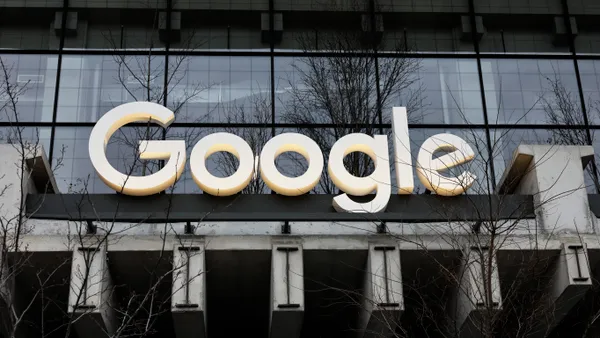Dive Brief:
- Generative AI adoption in the workplace is on the rise, but organizations aren’t equipped to guide usage adequately, according to a McKinsey global survey published Thursday. The company surveyed 1,363 organizations, 878 of which regularly use generative AI in at least one function.
- While generative AI high performers are more likely to adhere to best practices, around 3 in 4 nonleading businesses lack an enterprisewide roadmap for generative AI, the report found. Less than 2 in 5 respondents said senior leaders understand how the technology can create value for the business.
- The lack of clarity, however, isn’t hindering adoption speed. Generative AI adoption among organizations doubled in the past year, soaring to 65% from 33% in 2023. ”In 2024, generative AI is no longer a novelty,” Alex Singla, senior partner and global co-leader of Quantum Black, AI by McKinsey, said in the report.
Dive Insight:
Businesses are adopting generative AI across departments, but governance and infrastructure aren’t keeping up.
CIOs have a laundry list of to-do’s, according to the McKinsey report. Organizations lack testing and validation processes, ways to monitor generated outputs and skills development opportunities.
More than one-third of high-performers said there are clear ways to measure and track the value of generative AI projects, while just 1 in 10 of nonleading organizations monitor KPIs, according to the McKinsey report.
“Despite the spike in adoption of generative AI, we are still in the experimentation phase, with many organizations seeking relatively simple, one-step solutions,” Alexander Sukharevsky, senior partner and global co-leader of QuantumBlack, AI by McKinsey, said in the report. “This is a very natural tendency in the early days of a new technology, but it’s not a sound approach as generative AI becomes more widely adopted.”
While Sukharevsky urged leaders to consider the competitive advantages of customization long-term, some organizations have seen value from adoption even in the technology’s early innings.
Businesses reported cost decreases related to generative AI were most often felt in HR, according to the McKinsey report. Companies also unlocked meaningful revenue increases in supply chain and inventory management.













